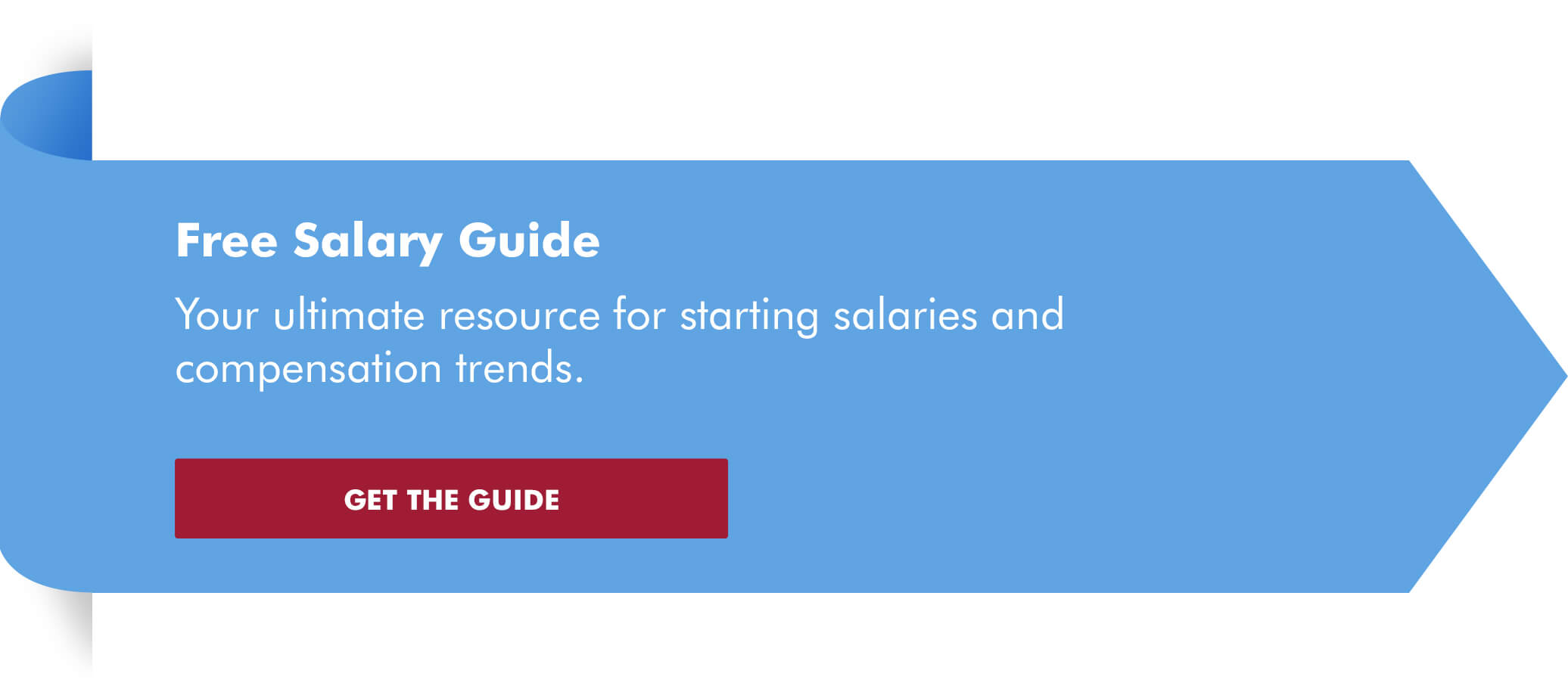I spoke to some friends and acquaintances recently who work in accounting operations. “Why do you like your work?” I asked them. “Do you have any advice for others who want to work in bookkeeping, payroll, billing, accounts payable and accounts receivable, credit and collections, financial data entry or other accounting jobs?”
Some are just starting in accounting. Some work as temps. Others are closing in on retirement. Surprisingly, their answers are similar. Here are the five primary reasons they gave for choosing a career in accounting operations:
1. Passion for the work
“I find numbers fascinating, and I like analyzing data so I can create reports to help my employer make better financial decisions.” — Mary B., bookkeeper
The people I talked to said they like working in an office where they are appreciated for what they do well — such as being detail-oriented, analytical and good with information involving numbers.
Mary worked as an office manager for a small company and enjoying keeping things orderly and organized. But the duties that involved numbers were what propelled her to her current job as a bookkeeper for a nonprofit organization.
The passion is in the precision, she says, and she can’t imagine doing anything else.
Why do accountants love their jobs? In a Robert Half survey of finance and accounting professionals, 41 percent said solving problems gave them the most career satisfaction, followed by working with numbers (22 percent).
2. Opportunities for advancement
“With some night classes under my belt, I know I can work up to my boss’s job in a few years.” — Melissa P., collections clerk
It’s possible to enter the field of accounting operations with a high school diploma, but with higher education, training and certifications, opportunities for advancement are more plentiful in every industry.
For instance, if you’re an entry-level payroll clerk, you can work your way up to a management position with a bachelor’s degree in accounting or finance, a certified payroll professional (CPP) designation, and proficiency with a range of payroll software.
3. Increasing pay levels
“I just got a new job in the same office that pays a good bit more than the last one ...” — Linda C., payroll manager
The Robert Half Salary Guide for Accounting and Finance Professionals shows midpoint salary projections for more than 190 finance and accounting positions, including those in operational support. Here’s a sampling:
- The midpoint salary for credit managers/supervisors is $71,000, according to the Salary Guide. Credit/collections clerks are likely to see midpoint salaries of $39,000, and credit/collections analysts can expect $51,750.
- A general bookkeeper midpoint salary is $38,500. Full-charge bookkeepers who prepare financial statements can expect a midpoint salary of $43,250.
- The midpoint salary for accounts receivable or accounts payable clerks is $35,250. For A/R and A/P managers, the midpoint salary projection is $61,750.
At the midpoint, candidates have average experience with the necessary skills to meet the job requirements, and the role may be in an industry where competition for talent is moderate. The salaries reflect starting pay only and are based on actual placements throughout the United States, as well as an analysis of the demand for the role, the supply of talent and other market conditions.
Visit the Salary Center, where you'll be able to adjust salaries for accounting and financial jobs in your city with the Salary Calculator, and get your own copy of the Salary Guide.
4. Supply and demand
“I’ve never had trouble finding an accounting position in any of the towns where I’ve lived.” — Jan T., accounts payable clerk
As the Bureau of Labor Statistics points out, software and technology improvements, such as cloud computing, have automated many office tasks. But there’s still a demand, as staff openings in accounting operations are being created with the retirement of Baby Boomers and the growth of small businesses.
5. Flexible job options
“I get to expand on my knowledge base with every temporary placement I’ve had.” — Marie E., medical billing specialist
A look at Accountemps job openings shows how many possibilities exist in the world of accounting operations, including full time, part time, temporary and temp-to-hire arrangements.
When you take on temporary employment, you have the chance to evaluate a variety of jobs, companies, industries and cities while developing financial skills, gaining office know-how, learning new technology, experiencing different management styles and making new contacts in a particular industry. This arrangement gives you the flexibility, resources and time necessary to find the best fit for you. You might also be able to arrange your own schedule to achieve better work-life balance.
If you’re looking for a temporary job in accounting operations, visit our Career Center, and find out how we can help.








